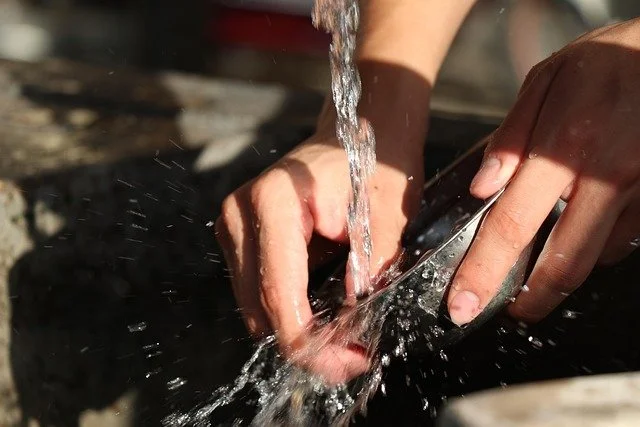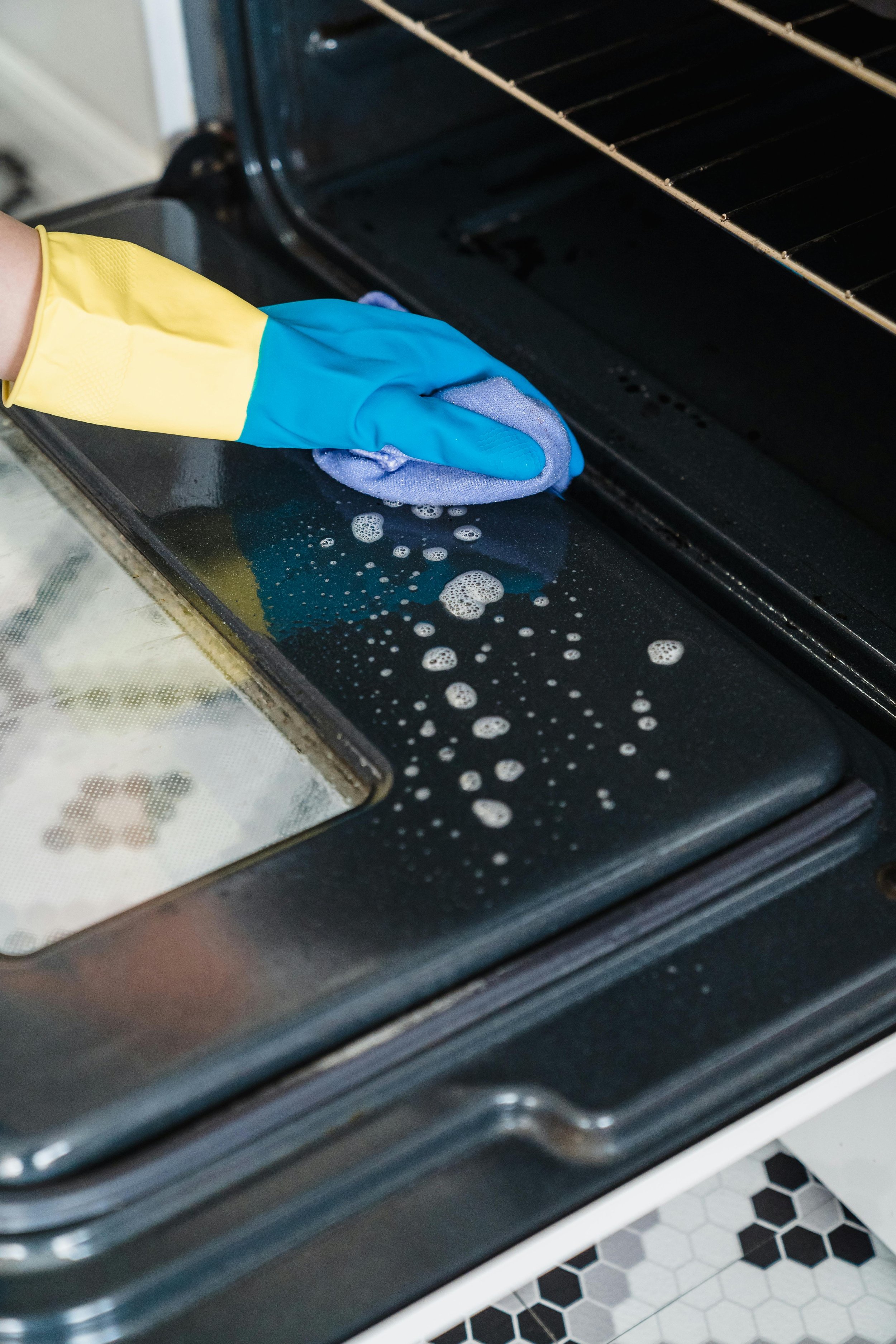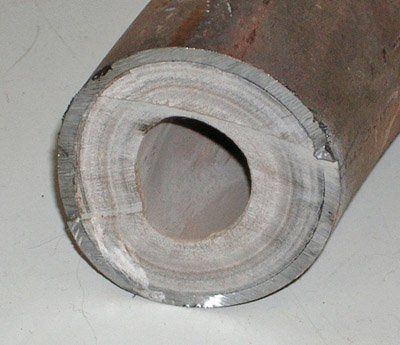Don’t let outdated advice keep your electric bill high—here’s what actually works.
Sometimes we all need to be more efficient. Sometimes, like when we look at our electric bill during the peak of summer. So you go online and look for 'tricks to reduce my electricity bill.' We all do it.
Unfortunately, with how connected the internet is, it's much easier to spread 'tips and tricks' that don't actually do anything to help you. So this week we're looking at what you can actually rely on to cut down on your energy bill. We're debunking some myths that have been around for years, and others that have only come about thanks to the internet and social sites.
Turning Devices Off Stops All Energy Use
This one used to be true. But if you look at your various devices, many of them have lights, clocks and wifi. Those are typically on, even if the device is off. This is called 'vampire' power, or 'phantom' power. If you want to turn them off completely, we suggest using power strips or unplugging things entirely.
Leds Aren’t As Bright Or Pleasant As Incandescents
While we can't say anything about how pleasant you might find something, modern LEDs are very adjustable. They can be tuned for both brightness and color temperature, based on what you like. Bonus: they use up to 90% less energy and last longer than an incandescent bulb.
Dimming Incandescent Lights Significantly Cuts Costs
This one is a little tricky. Yes, dimming your incandescent lights DOES cut costs. The problem is that it's not proportional. If you want to be more effective AND have more control over it, switch over to LEDs or CFLs.
Solar Panels Don’t Work In Cloudy Or Cold Climates
This is another one that seems like it might be the case, but fortunately, it's not. In fact, solar panels just rely on the fact that the sun is up, not necessarily direct sunlight. They are in fact effective year-round in most locations.
Cranking The Thermostat Heats Or Cools A Home Faster
We who live in Texas, wish this was true. Systems will heat and cool at a constant speed, because the size of your house hasn't changed at all. A higher setting is only going to make your HVAC run longer and use more energy.
Closing Vents In Unused Rooms Saves Energy
While this one seems like it makes sense, have you ever tried it? What ends up happening is the pressure on the system is increased instead, because the systems isn't balanced any longer. When each system is designed it's meant to work as a whole. If you're looking for efficiency, you're better off leaving all vents open, and looking into a system meant for zoning.
All New Appliances Are Energy Efficient
Efficiency and tests for efficiency can vary wildly from one company to another. As of right now, you're better off looking for something with the Energy Star label, which tests according to a set of standards and shows them on their website.
Handwashing Dishes Saves Energy Over Using A Dishwasher
How many times did we all hear this one growing up? And for many years it was true. However, modern dishwashers, especially those with the Energy Star tag, use far less water for an entire load of dishes.
The Shape Of A Freezer Doesn’t Matter
Unsurprisingly, this one is untrue. Think about a chest freezer versus a French door refrigerator. The opening for a chest freezer is much smaller than that of a French door refrigerator. So, when you open the freezer, there's less cold air that's able to escape at once. If less air escapes, less has to be replaced and energy is saved.
Efficiency Savings Are Too Small To Matter
That depends entirely on you. The question isn't "will I save anything" it's "how much do you consider worth it?" An extra $200 a year? That's only saving $16 a month. By making changes around your home, you can and will see changes, as cumulative savings are substantial.
Energy myths might seem like harmless household wisdom, but over time, they can quietly chip away at your budget and even shorten the lifespan of your appliances. Whether it's believing that handwashing dishes saves more water, assuming that all new appliances are energy efficient, or thinking the shape of your freezer doesn't matter, these little misunderstandings can lead to higher utility bills and more wear and tear on your machines. The good news? Once you separate fact from fiction, it's surprisingly easy to make smarter choices that help your home run more efficiently—and save you money month after month.
If you're in the Frisco, Dallas, or Allen area and want to be sure your appliances are doing their job without wasting energy (or costing you extra), Appliance Rescue Service is here to help. From routine maintenance to honest, expert repairs, our technicians can make sure your dishwasher, fridge, washer, dryer, and more are running as efficiently as possible. We’ve seen the impact small changes can make—and we’re always ready to give straightforward advice that helps you get the most out of your appliances. So if you're ready to cut through the noise and start seeing real savings, give us a call. Let’s make your home’s energy use a little smarter, one appliance at a time.
Call: (214) 599-0055













